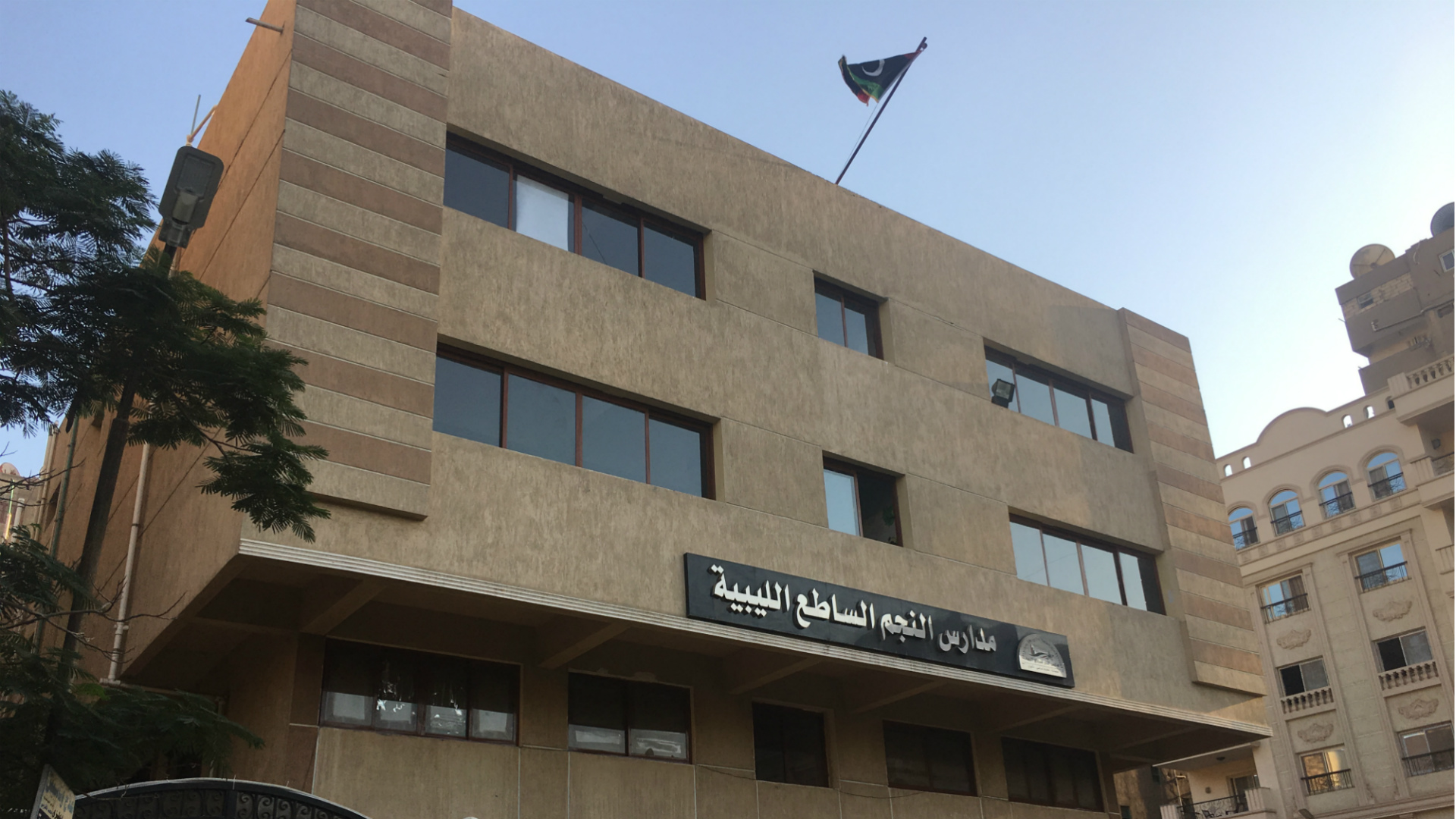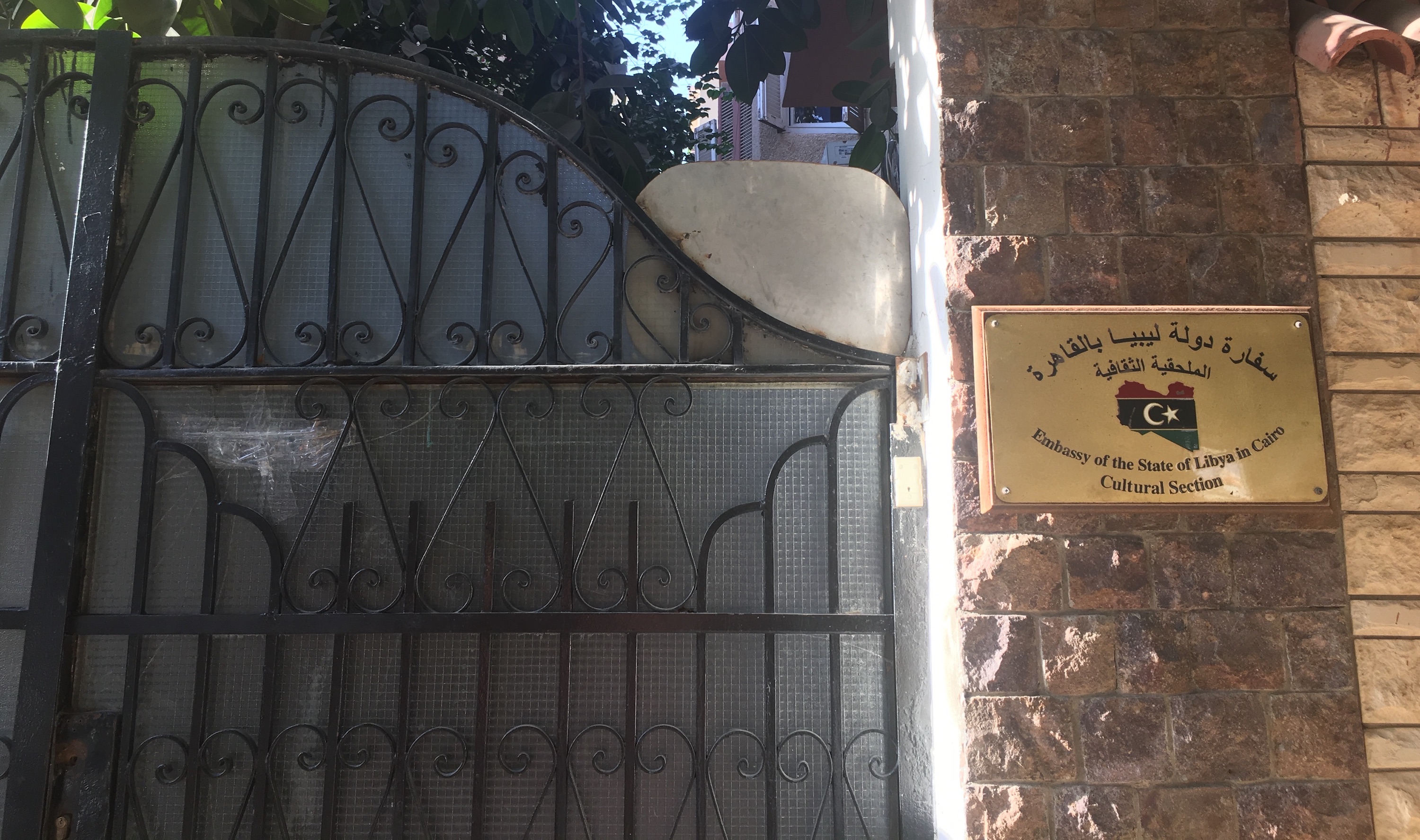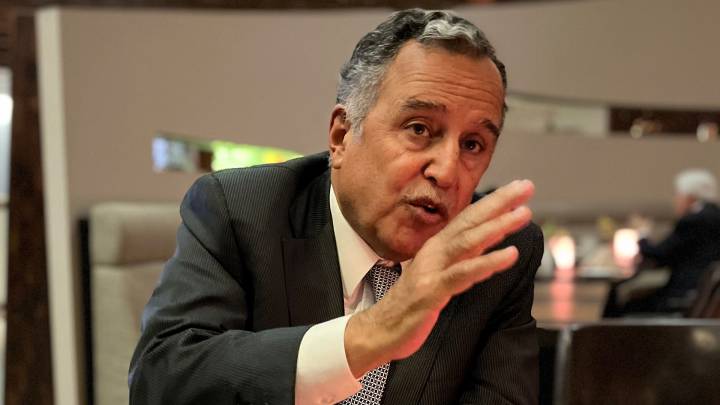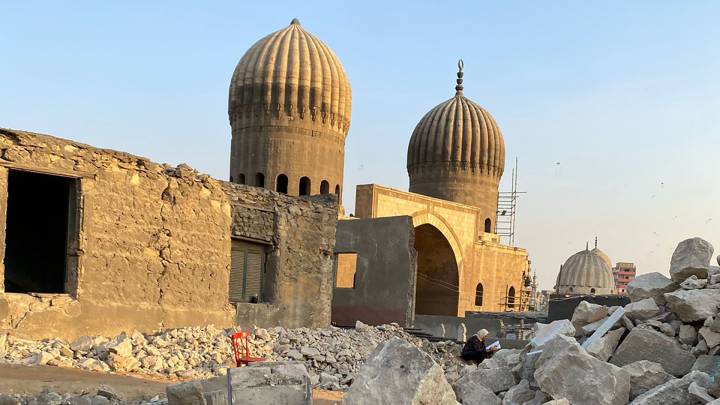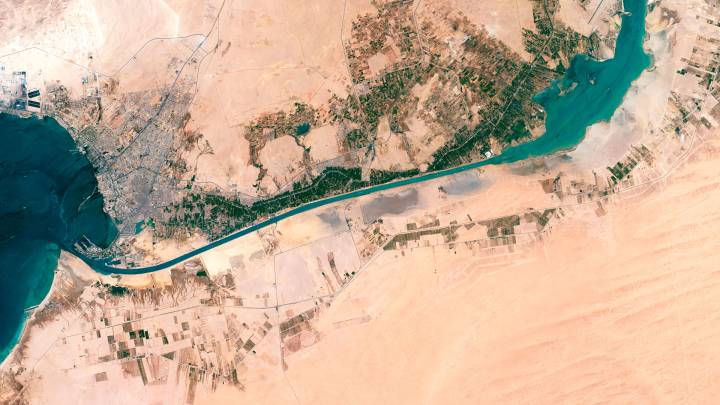Egypt is home to around 5,200 Libyan families. Most of them fled their country during the 2011 uprisings. Lately Expatriates are facing a rise in bureaucratic hurdles, making life in Egypt increasingly harder for them
Khaled Mohamed, who runs the popular Facebook page “Libyans in Cairo” (الليبيين في القاهرة), is well aware of the increasing bureaucratic hurdles facing his community. “Libyan expatriates face stricter legal procedures, like when they register their business or get a driving licence or residence permit, or even enrol in a school,” he says.
Many Libyans who live in Egypt fled the violent upheaval following the fall of Muammar Gaddafi in 2011; some 5,200 Libyan families are based in Egypt, according to Massoud Sawa, Minister of Social Affairs in the Libyan Interim Government. Most of them fled their country in 2011, while others were displaced when Libya descended into a second civil war in 2014, a conflict which continues as rival groups jostle for power.
This is reflected in the experience of 46-year-old petroleum engineer Abdel Nasser Marei, who lives in Alexandria and came to Egypt in 2009 to study. In the past, he says, Libyans didn’t need visas to enter Egypt – the Four Freedoms Agreement enabled free movement between the two countries – and getting a residence permit was optional.
The Egyptian state today has economic problems and has the right to collect fines and fees “Two years ago, some of the rules of residency were tightened and large fines were imposed for infractions,” he says. “Strangely, those fines are being collected from Libyans departing at the border checkpoints and airports. Some of them have been forced to stay at the border for up to three days, waiting for a family member to pay the fine.”
Marei calls the new charges “excessive”, describing how he recently lost his passport containing his residence permit and had to pay 4,000 Egyptian pounds. When his child was born, he paid another EGP 1,200 to add the child to his passport.
Some new costs came in on 26 September 2016, when a new law on the entry and residence of foreigners in Egypt amended a provision dating back more than fifty years. The fee for a one-year residence permit rose sharply to between EGP 500 (around $30) and EGP 5,000, compared to the previous cost of EGP 5-50. Meanwhile, a fine of EGP 1,000 is imposed on anyone failing to obtain a residence permit in the first three months, a figure which increases over time until the paperwork is completed.
Osama Takita, media advisor to the Libyan embassy in Cairo, says the Four Freedoms Agreement between Egypt and Libya is still valid, but some items have been suspended and restrictions have been imposed, given the tense security situation in Libya.
“Every Libyan has to register at the nearest police station upon arrival in Egypt, and the visa requirement has been in place since 2015,” he says, adding that a visa is only needed by males aged 18 to 45, for a fee of EGP 150.
Takita stresses that the higher administrative fees apply to all expatriates in Egypt, not just Libyans. “The Egyptian state today has economic problems and has the right to collect fines and fees.”
The rising costs facing the Libyan population are just one aspect of their daily difficulties. Hiyam al-Maqsabi, a member of the teaching staff at Benghazi University who has been teaching doctoral programmes at Cairo University since 2012, describes entrenched prejudice against all foreigners living in Egypt: “Here I try not to look Libyan. There is often exploitation by taxi drivers and shopkeepers towards non-Egyptians in general.”
She also complains about the lacklustre response of the Libyan embassy in Cairo to cases such as a Libyan being arrested for having an invalid residence permit.
In the aftermath of the bloody events in Libya following the fall of Gaddafi in 2011, and confrontations between the Libyan army led by Khalifa Haftar and armed groups in 2014, a large number of Libyans fled to Egypt, Sudan, Niger, Chad, Tunisia and Algeria. Although this outflux was triggered by armed clashes, they were not officially recognised as refugees by the UN High Commissioner for Refugees (UNHCR), which would have entitled them to legal protection, assistance and social rights.
There is some dispute as to whether Egypt’s Libyan population qualify as refugees. Scrutiny of individual cases is required, according to al-Maqsabi, who believes that not every person who leaves Libya is entitled to asylum. She specifies that only those directly affected by the war should qualify, such as people whose homes were demolished or whose life was threatened.
Osama Takita, meanwhile, thinks the UN definition of refugee does not apply to Libyans, “as those in the east facing conflict could move to the west of the country, and vice versa”.
However, Ziad Akl, an expert at Al-Ahram Centre for Strategic Studies and director of the Middle East and North Africa Studies Programme, is in little doubt that the ongoing conflict in many parts of Libya gives its citizens the right to seek asylum.
“There are large challenges and risks facing the Libyan people,” he says. “There is not even a minimum security, humanitarian or social guarantee for any citizen; instead Libyan governing organs act according to local loyalties.”
He adds that Libya’s neighbouring countries are often in little hurry to provide a safe haven for those fleeing the country.
“All those countries have interests in gaining stability in Libya, because the instability leads to continued tension on the borders between Libya and its neighbours Tunisia, Egypt, Algeria and Sudan. Therefore, there is a desire not to legalise the conditions of Libyan migrants, to pressure them to return and therefore not to prolong the instability within Libya.”
The UNHCR did not respond to a request for comment on the status of Libyans in Egypt. For its part, Egypt has signed the UN convention relating to the status of refugees and its protocol, meaning it is expected to allow refugees fleeing persecution to enter at its borders and airports.

